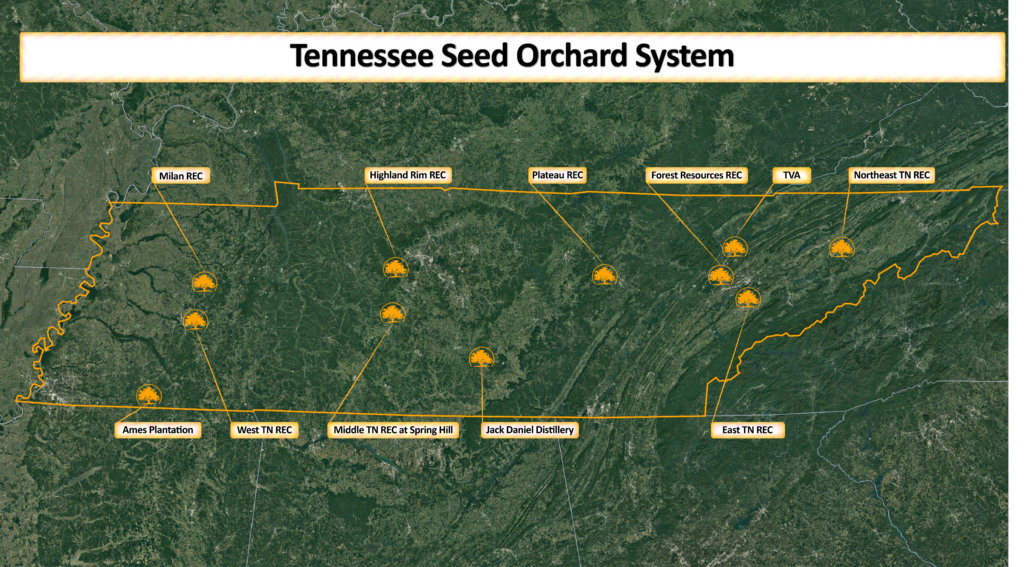
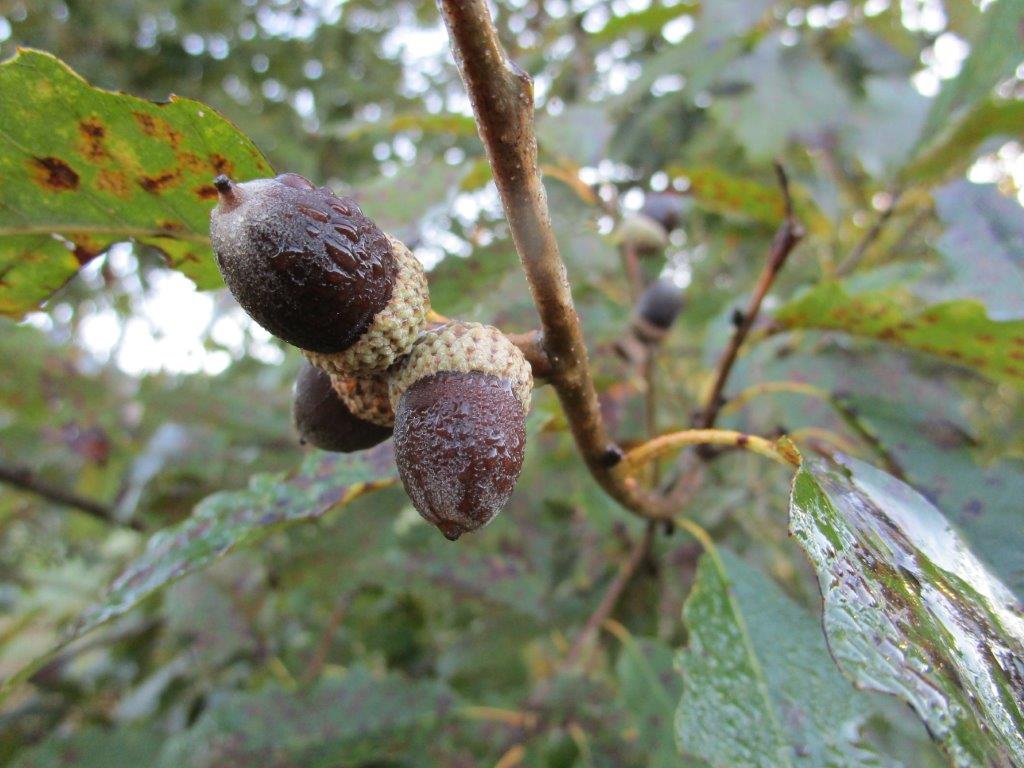
The Tennessee Hardwood Seed Orchard System refers to hardwood seed orchards developed or managed by the UT-TIP in cooperation with state and federal cooperators and the Jack Daniel Distillery. The approach varies among species depending on available resources to develop that plant material, land to host the orchard, and the relative value of the species in the Tennessee landscape (e.g., for timber, wildlife, or ecosystem presence). We use three different approaches: seedling seed orchards, clonal seed orchards, and wildling seed orchards.
Seedling Seed Orchards
Seedling seed orchards are developed from progeny tests where the poorer growing and formed trees have been thinned. Many of the UT-TIP seed orchards are of different oak species, where little is known about their reproductive biology. Observation of acorn production is routinely incorporated with annual growth measurements and used in thinning decisions. Seed from seedling seed orchards derived from progeny testing is genetically improved.
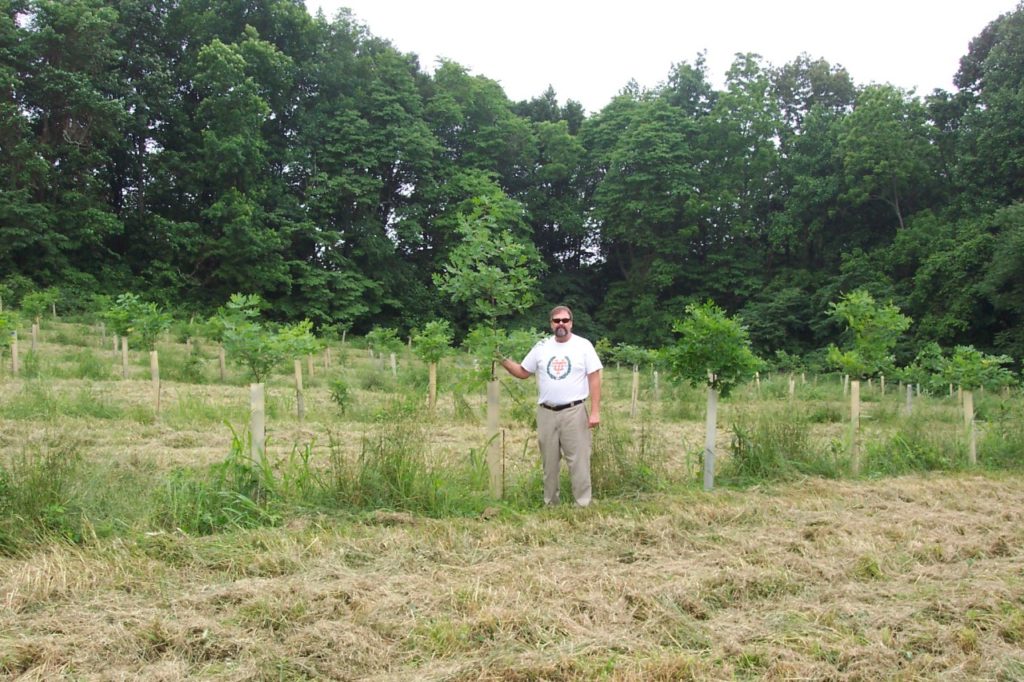
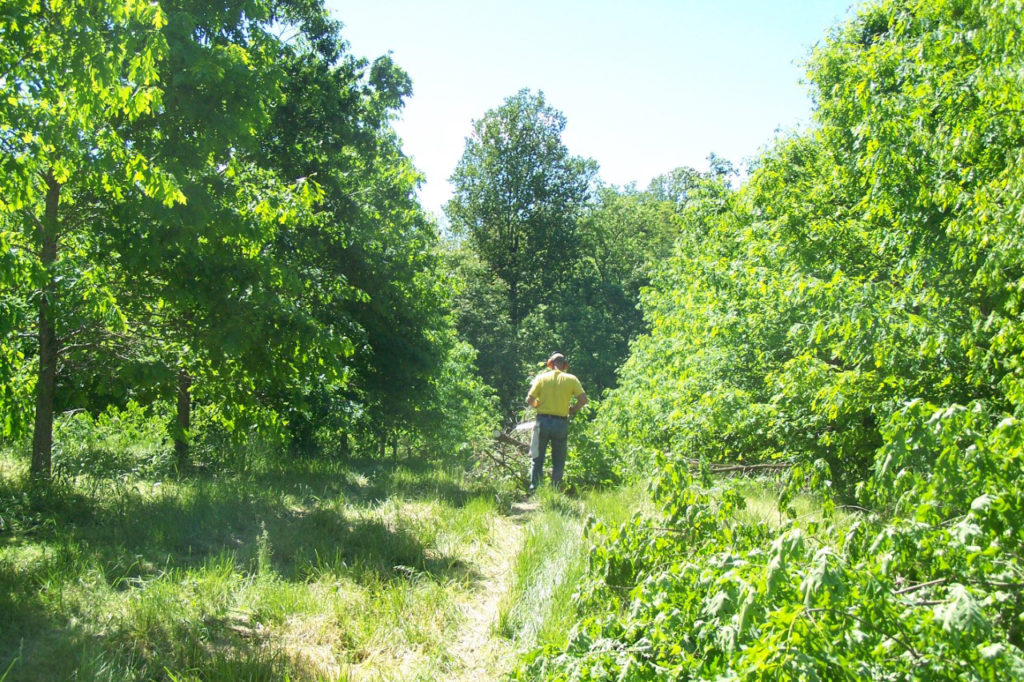
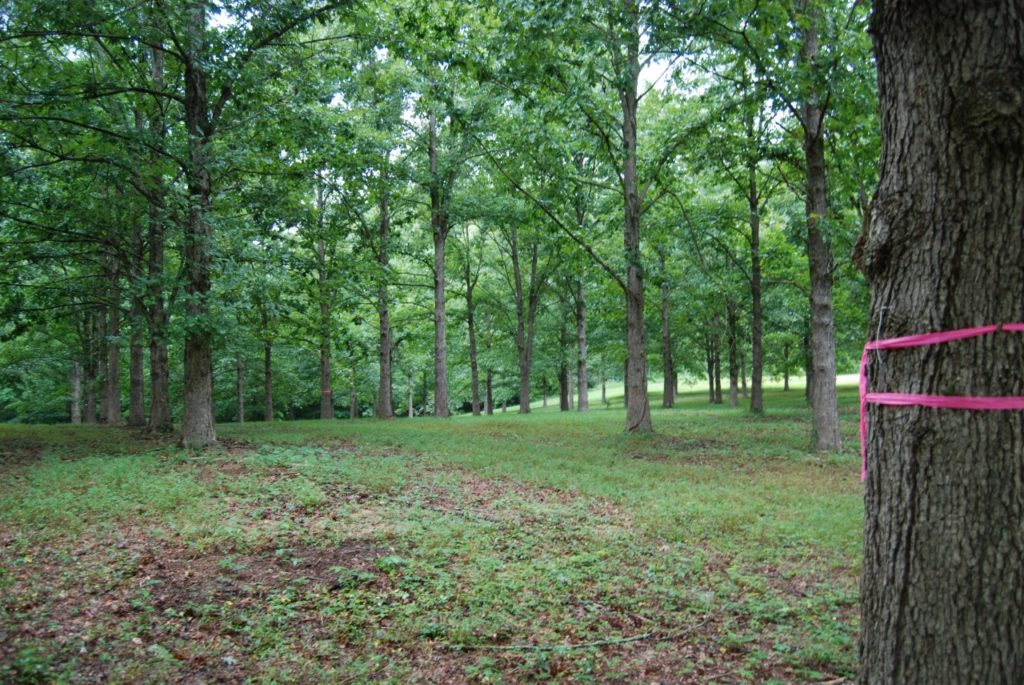
Clonal Seed Orchards
UT-TIP clonal seed orchards are developed through grafting scions (branches) or rooting cuttings from naturally occurring trees from different localities or selections from progeny testing. With grafts, the reproductive maturity of the tree (ortet) from which the scion was taken will be retained in the grafted clone (ramet). Many trees have juvenile/adult phases with respect to reproductive maturity, so grafting reproductively mature trees can result in a seed producing orchard in less time than a seedling-based orchard. Seed from clonal orchards based on naturally occurring trees will not be genetically improved, but will be locally adapted, depending on the range of ortet locations. Clonal orchards based on genetic selections from progeny tests will produce genetically improved seed.
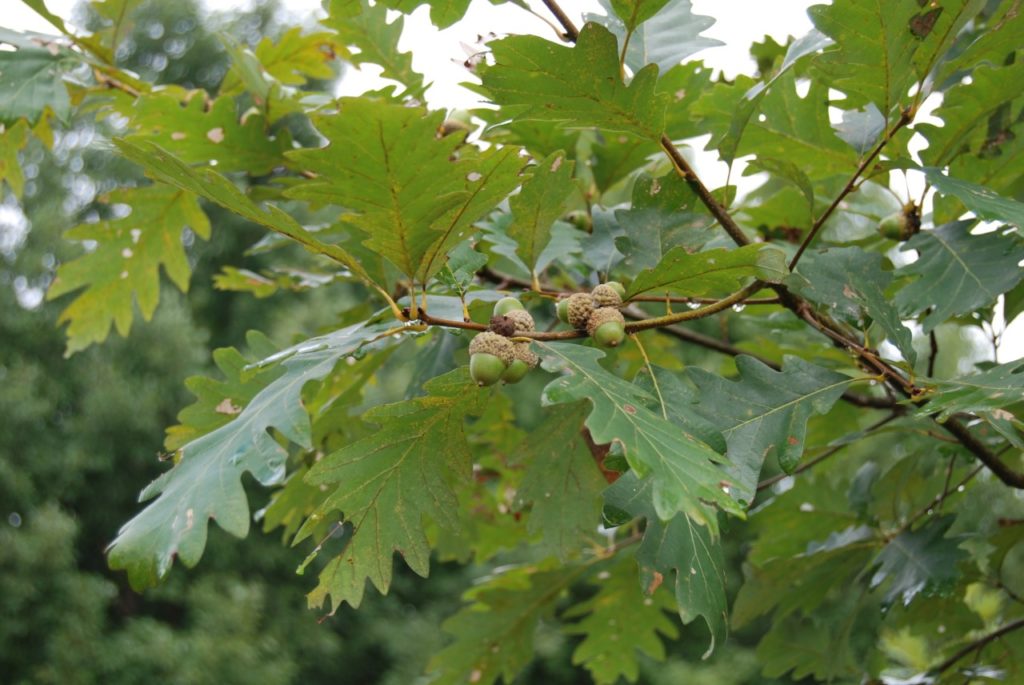
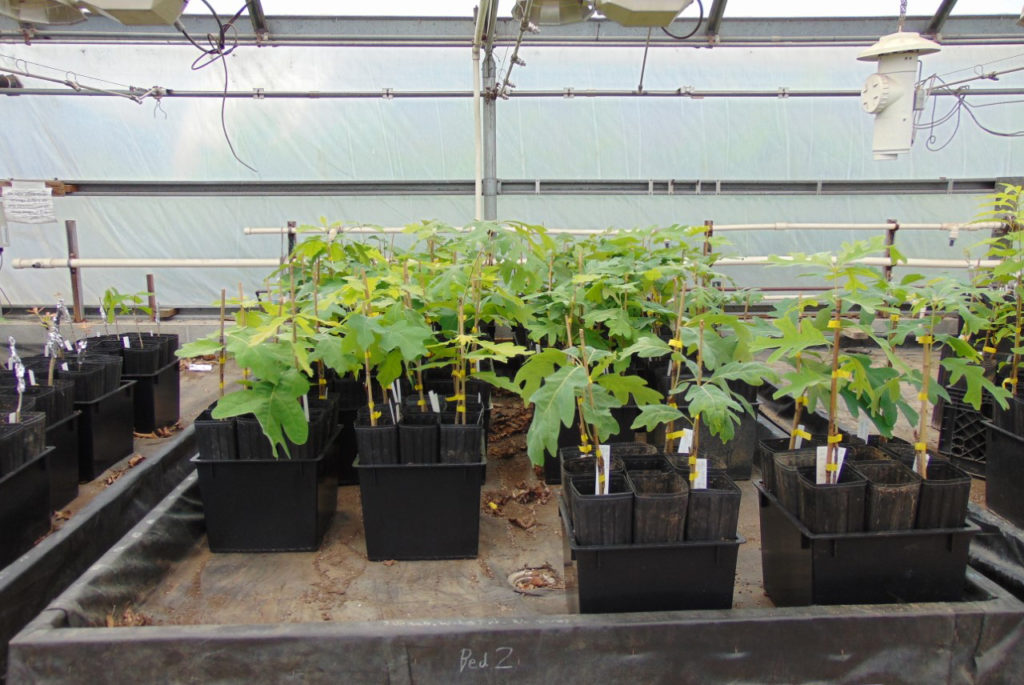
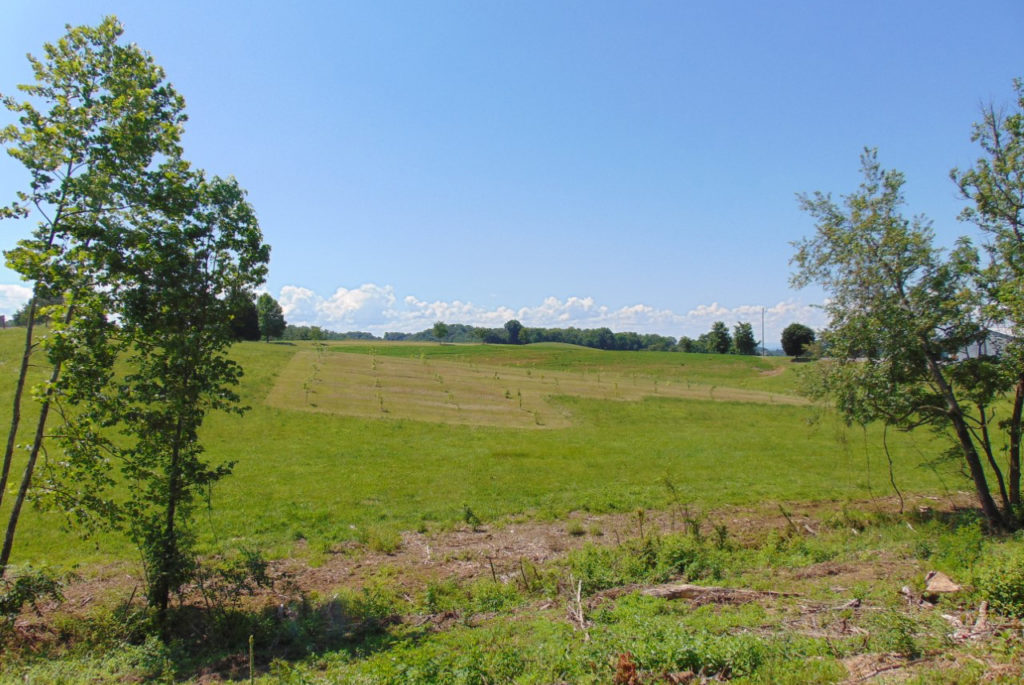
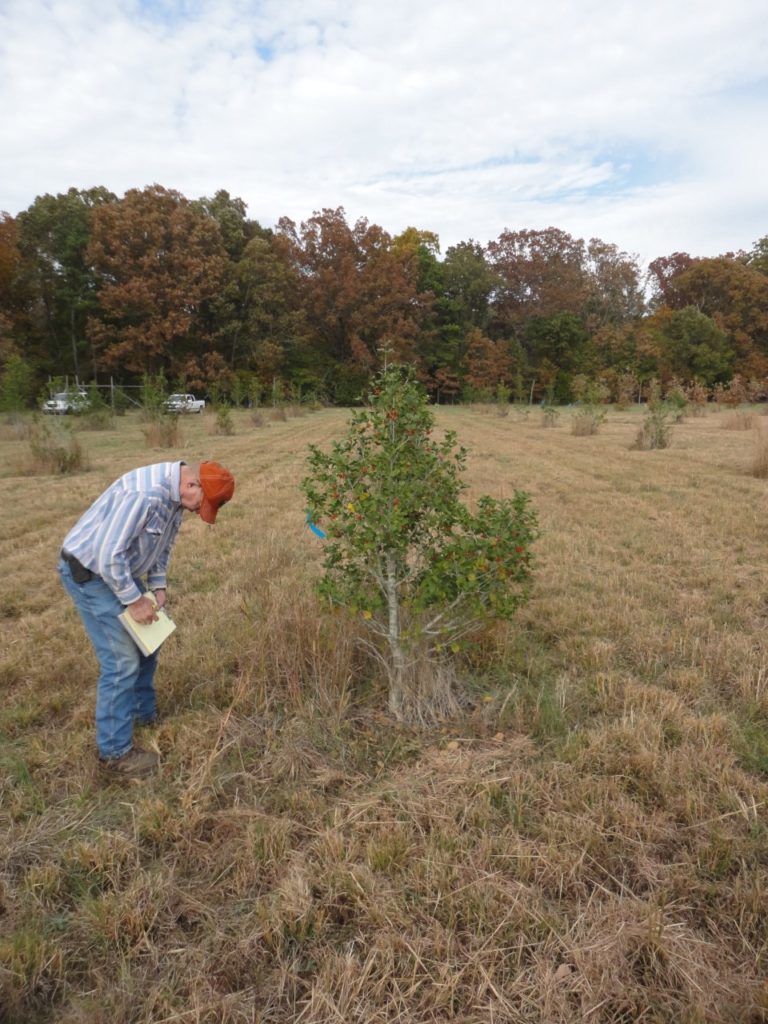
Wildling Seed Orchards
Wildling seed orchards are developed by planting naturally growing seedlings on an orchard spacing, e.g., 30’X30’, in an empty field. This approach is rarely used by UT-TIP. A wildling orchard will produce locally adapted seed, depending on the original locations of the transplanted trees.
Orchards Serving Western Tennessee
The Margaret Finley Shackelford Seed Orchards at the Ames AgResearch and Education Center are the nexus for western Tennessee seed orchards. The Shackelford seed orchards contain species that produce saw timber and/or mast and habitat for wildlife. These orchards are a combination of genetic tests that have been or will be thinned to produce seedling seed orchards, grafted clonal orchards, and wildling orchards. Seedlings originating from Shackelford orchard seed will be locally adapted and in many cases, genetically improved, for both nursery and field performance and will be suitable for planting in western Tennessee, northern Mississippi, and eastern Arkansas. Additionally, the orchard seed is grown to produce high-quality seedlings for precision forestry and other forestry research projects.
The following species comprise the Shackelford orchards/progeny tests. There are multiple orchards of some species, e.g., white oak.
- White oak
- Northern red oak
- Cherrybark oak
- Chinkapin oak
- Black oak
- Southern red oak
- Post oak
- Sand post oak
- Overcup oak
- Pin oak
- Bur oak
- Shumard oak
- Willow oak
- Water oak
- Swamp chestnut oak
- Nuttall oak
- Black Walnut
- Pecan
- Chickasaw plum
- American holly
- Persimmon
- Chinese chestnut
Orchards serving Middle Tennessee
The seed orchards at the Jack Daniel Distillery are the nexus for middle Tennessee seed orchards. They are primarily seedling-based orchards with some clonal grafted orchards. The following species comprise the Jack Daniels Distillery orchards/progeny tests.
- Sugar maple
- White oak
- Black walnut
- Butternut (white walnut)
- Water Oak
- Willow Oak
- Swamp white oak
- Chinkapin oak
- Chestnut oak
- Overcup oak
Clonal hardwood orchards also are located on the UT Plateau AgResearch and Education Center near Crossville (Swamp White Oak and Chinkapin Oak) and the UT Southern East Campus (Red Hickory). Clonal orchards are planned for planting in 2024 at the UT Forest Resources AgResearch and Education Center, Highland Rim Forest (Water Oak and Willow Oak) and the UT Middle Tennessee AgResearch and Education Center at Spring Hill (Bur Oak).
Orchards serving Eastern Tennessee
The hardwood orchards in east Tennessee were centered at Norris Reservation, the Tennessee Valley Authority historic center for hardwood tree improvement research until the program was discontinued in 1982. In 1993, TVA tree improvement-related records were transferred to UT-TIP, as the TVA Forestry Department was disbanded. UT-TIP still integrates some TVA materials into orchards and plantings.
UT-TIP has managed the Watauga Northern Red Oak Seed Orchard for the USDA Forest Service, Southern Region since the 1990s. The Watauga Orchard is the largest oak orchard in the United States and capable of producing crops large enough for regional reforestation. Research at the Watauga Orchard, over the years, has significantly contributed to UT-TIP approach in creating and managing oak seed orchards.
Other eastern Tennessee orchards are located on various UT AgResearch and Education Centers, Tennessee Department of Agriculture, Forestry lands, and TWRA Wildlife Management Areas. The following species comprise the TVA and eastern Tennessee orchards/progeny tests. As with the Shackelford Orchards, some species have multiple orchards/progeny tests.
- White oak
- Northern red oak
- Sugar maple
- Chinkapin oak
- Black cherry
- Nuttall oak
- Yellow-poplar
- Swamp white oak
- Swamp chestnut oak
- Persimmon
- Willow oak